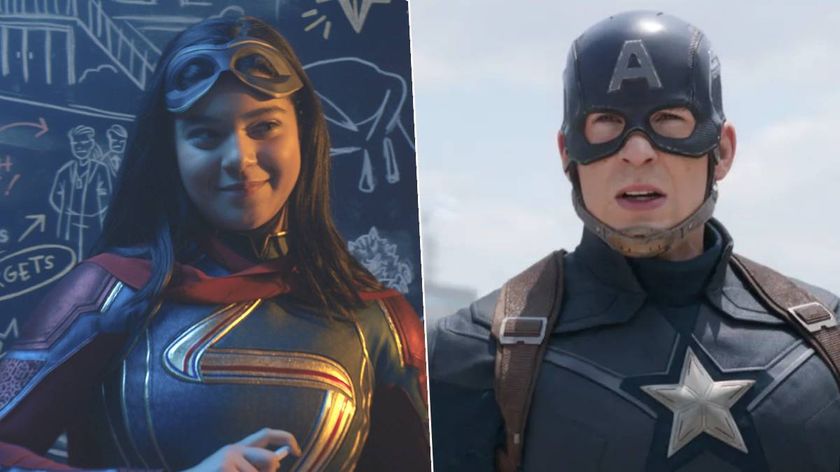Why you can trust 12DOVE
How do you follow the superlative Half Nelson? With the only-slightly-less-superlative Sugar, another tough, tender drama that swerves formula and ducks sentiment, its meticulous human observations and measured movie technique confirming Anna Boden and Ryan Fleck as consummate filmmakers.
Ostensibly a baseball movie (yeah, and Half Nelson was about wrestling…), Sugar follows Miguel ‘Sugar’ Santos (Algenis Prez Soto), a kid from the Dominican Republic who gets a tilt at the American Dream when he’s plucked and plonked, suddenly finding himself on a farm in Iowa and playing for the Kansas City Knights in the Minors. Can he adjust in time? Will his sweet knuckle curve take him to the Majors? Do Boden and Fleck really care?
Anyone who’s seen Half Nelson will know to expect the unexpected. Sugar isn’t interested in last-gasp heroics, and while it includes a crisis injury and a couple of montages it is really about the production line of young hopefuls, so many of whom are consigned unceremoniously to the touchline. It is about the immigrant experience. It is about race and class, family and isolation.
It’s not so much a sports movie as a character study and a road movie, an intimate drama shot with perfectly controlled energy (whip pans, focus pulls, twitchy zooms, lens flares) and shot through with both beauty and desolation, much like life. Notably, the one inspirational speech peters out halfway through, the coach seemingly aware he’s spouting clichés, platitudes.
At Sugar’s heart is real-life baseball player Soto, stepping up to the plate in his debut role to knock it out of the park. His Miguel Santos is a complex, intriguing character, stubborn, soulful and weighed down by physical and psychological pressures.
It’s a disarmingly naturalistic turn, investing viewers in Sugar’s fate up to and beyond the ambiguous conclusion.
Jamie Graham is the Editor-at-Large of Total Film magazine. You'll likely find them around these parts reviewing the biggest films on the planet and speaking to some of the biggest stars in the business – that's just what Jamie does. Jamie has also written for outlets like SFX and the Sunday Times Culture, and appeared on podcasts exploring the wondrous worlds of occult and horror.
Most Popular







